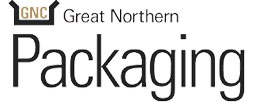Unlocking the Benefits of Custom Insulated Boxes for Temperature-Sensitive Shipments
In today’s fast-paced e-commerce landscape, the significance of safeguarding temperature-sensitive products during transit cannot be overstated. According to a report by MarketsandMarkets, the global insulated packaging market is projected to reach $9.4 billion by 2027, highlighting a growing demand for solutions that ensure product integrity. Custom insulated boxes emerge as a pivotal solution in this realm, effectively mitigating the risks associated with temperature variation and spoilage. These tailored packaging options not only enhance the thermal performance of shipments but also cater to the unique needs of different industries, ranging from pharmaceuticals to perishable goods. By employing advanced insulation materials and designs, businesses can optimize shipping processes, reduce waste, and improve customer satisfaction. In this article, we will explore how to leverage custom insulated boxes to unlock their numerous benefits for temperature-sensitive shipments, ensuring products arrive at their destinations in prime condition.
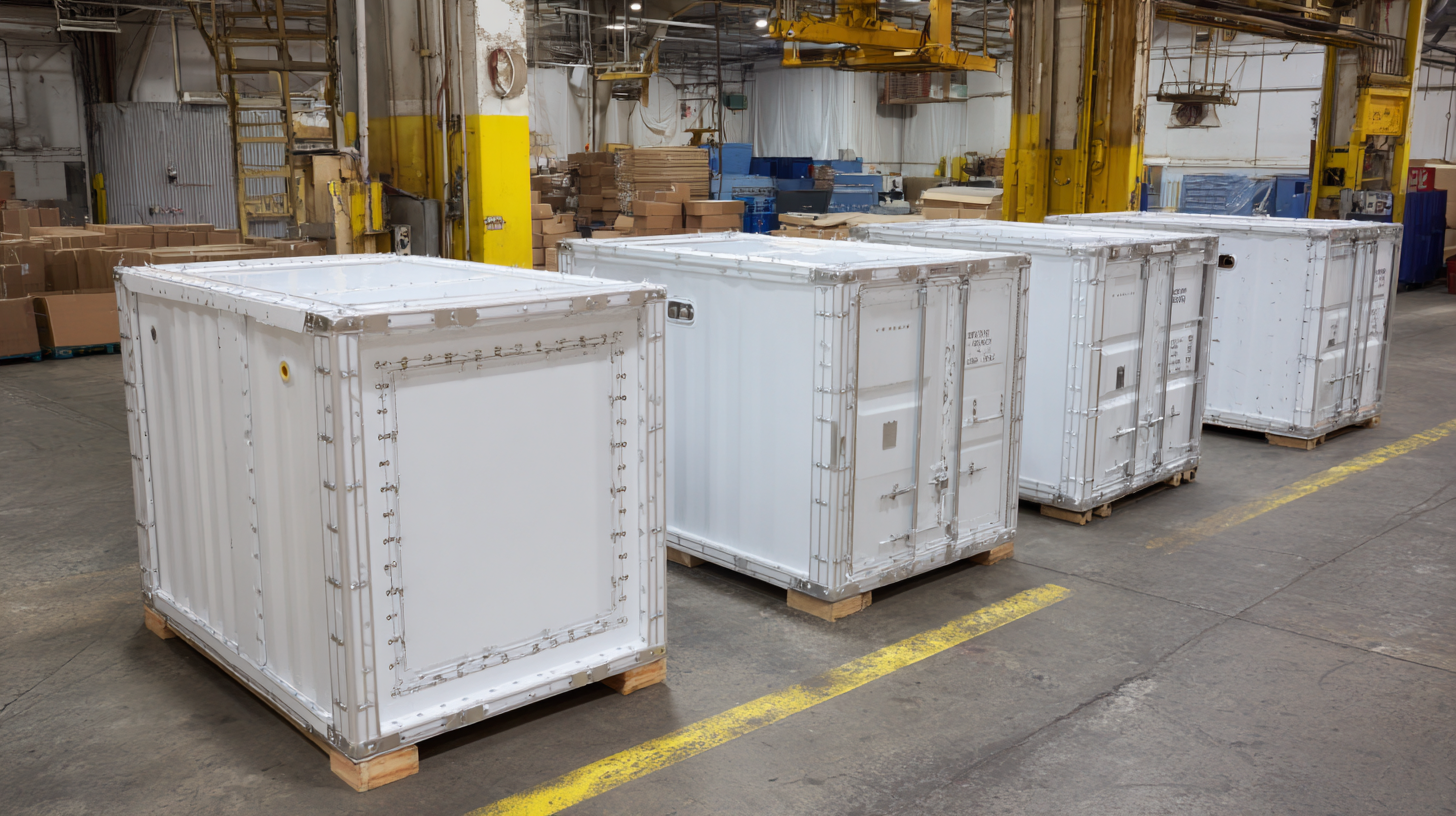
Understanding Custom Insulated Boxes and Their Importance for Temperature Control
Custom insulated boxes play a crucial role in maintaining temperature control for sensitive shipments across various industries, such as pharmaceuticals, food, and electronics. According to a report by Grand View Research, the global cold chain market size is expected to reach $585 billion by 2027, indicating a significant demand for temperature-regulated solutions. Custom insulated boxes offer tailored solutions that ensure products are kept within specific temperature ranges, minimizing the risk of spoilage and maintaining product integrity.
The importance of these boxes is further underscored by the need for compliance with regulatory standards. For instance, the FDA mandates that temperature-sensitive medications must be shipped within designated temperature parameters to ensure efficacy. A study by the Healthcare Distribution Alliance indicates that nearly 10% of pharmaceuticals are subject to temperature excursions during transit, emphasizing the necessity for effective insulation. Custom insulated boxes can help mitigate these risks by providing advanced materials that not only insulate but also offer durability, ensuring that products arrive at their destination in optimal condition, thereby safeguarding both consumer health and business reputation.
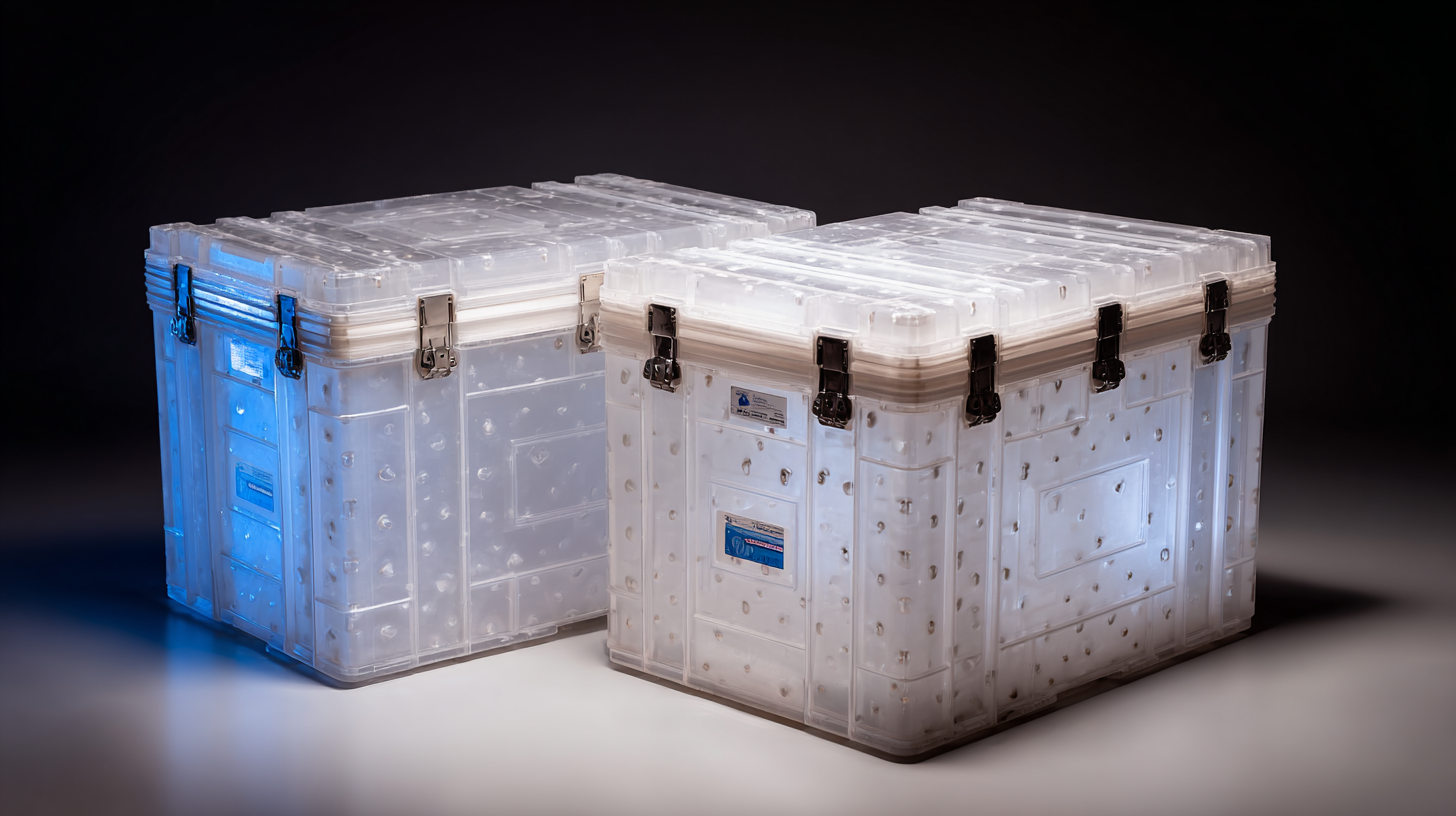
Key Features of Custom Insulated Boxes That Enhance Shipment Efficiency
Custom insulated boxes play a pivotal role in maintaining the integrity of temperature-sensitive shipments. One of the key features that enhance shipment efficiency is the effective thermal insulation provided by materials such as polyurethane foam or expanded polystyrene. These insulation materials create a protective barrier that minimizes temperature fluctuations during transit, ensuring that perishable goods like pharmaceuticals, food products, and biological samples arrive at their destination in optimal condition.
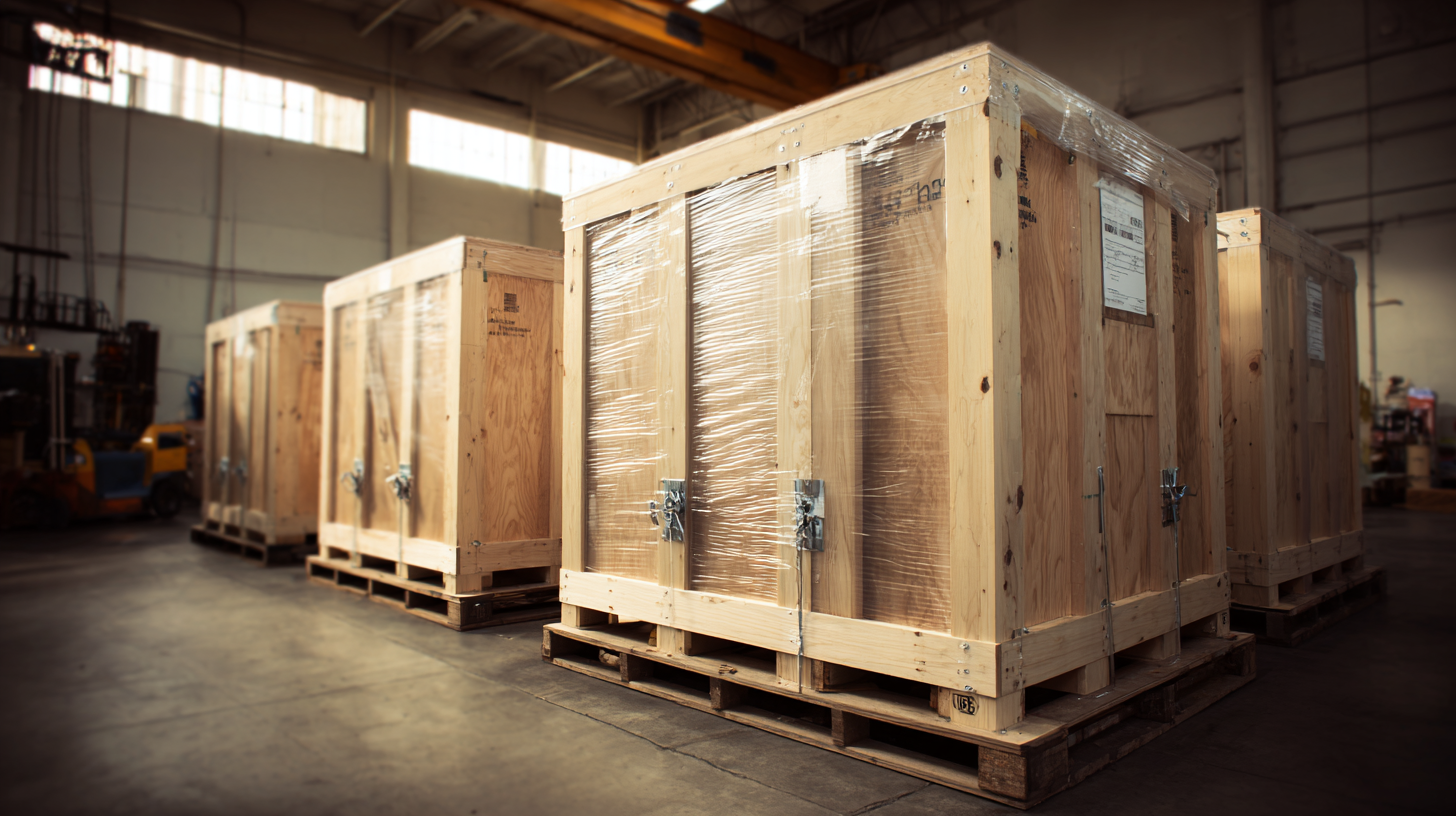
Another important aspect is the precise fit and design customization of these boxes, which not only reduces the risk of product movement but also maximizes space utilization. Custom sizes and shapes cater specifically to the product’s dimensions, which helps in minimizing waste and reducing shipping costs. Additionally, the incorporation of advanced temperature monitoring technologies in custom insulated boxes allows for real-time tracking of temperature conditions throughout the shipment process, providing peace of mind to shippers and recipients alike. This combination of features significantly enhances the reliability and efficiency of temperature-sensitive logistics.
Types of Temperature-Sensitive Products That Benefit from Insulated Packaging
Custom insulated boxes are becoming increasingly important for transporting temperature-sensitive products across various industries. These specialized packaging solutions offer the necessary protection to ensure that items such as pharmaceuticals, vaccines, and certain food products maintain their required temperature during transit.
According to recent market analysis, the medical transportation box market is expected to reach $3.5 billion by 2032, demonstrating a compound annual growth rate of 5.25%. This highlights the growing need for effective insulated packaging in the pharmaceutical sector, where the integrity of temperature-sensitive shipments is crucial.
Tips for choosing the right insulated packaging include considering the type of product being shipped and the required temperature range. For instance, products that need to remain between 2°C to 8°C often require specific insulated containers and cold packs. The diversity in materials, ranging from biodegradable plastics to EPS and EPP, allows companies to select solutions that align with their sustainability goals while ensuring product safety.
Moreover, as more companies recognize the benefits of eco-friendly packaging, the adoption of recyclable and biodegradable materials is expected to rise. This trend is supported by the pharmaceutical industry's ongoing commitment to reducing environmental impact, with biodegradable plastics decomposing within three to six months. Emphasizing sustainable practices not only fulfills regulatory requirements but also meets increasing consumer demand for environmentally responsible shipping options.
Cost-Effectiveness of Investing in Custom Insulated Shipping Solutions
Investing in custom insulated shipping solutions can significantly reduce costs associated with temperature-sensitive shipments. While the initial investment may seem higher than standard shipping options, the long-term savings are undeniable. Custom insulated boxes are designed to maintain the ideal temperature, minimizing the risk of spoilage or damage to sensitive products. This means fewer losses and reduced waste, ultimately leading to a more cost-effective shipping strategy.
Tips: When selecting insulated boxes, consider the specific temperature requirements of your products. Ensure that the materials used in the insulation are suited for the duration and conditions of your shipment. Additionally, evaluate the shipping routes and times to choose the right insulation type that will provide optimal protection.
Another aspect to consider is the efficiency of the packaging process. Custom insulated solutions can streamline packing, allowing for quicker assembly and reduced labor costs. This efficiency translates to faster turnaround times and improved customer satisfaction, further justifying the investment.
Tips: Collaborate with suppliers to create tailored packaging solutions that cater to your unique needs. Regularly assess your shipping performance to identify areas where insulated boxes can add value, ensuring that your investment remains aligned with your shipping goals.
Best Practices for Choosing the Right Insulated Box for Your Shipping Needs
When it comes to shipping temperature-sensitive goods, choosing the right insulated box is crucial to ensuring the integrity and quality of the products. According to a report by the Cold Chain Alliance, approximately 30% of all temperature-sensitive shipments face temperature excursions that can lead to spoilage or reduced efficacy. To mitigate these risks, it is essential to consider the specific insulation materials and design of the boxes. Materials such as expanded polystyrene (EPS) and polyurethane provide excellent thermal resistance and can maintain desired temperatures longer, making them ideal for pharmaceuticals, perishable foods, and other sensitive products.
Additionally, proper sizing of insulated boxes is key to reducing air gaps that can lead to thermal loss. The International Safe Transit Association suggests that the ideal insulated box should not only fit the product snugly but also allow for adequate protective packaging. Furthermore, incorporating phase change materials (PCMs) into the shipment can enhance temperature stability; these materials absorb or release heat as necessary to maintain the product's required temperature range. By adhering to these best practices, businesses can significantly reduce the risk of product degradation during transit, ensuring that they deliver high-quality products to their customers.
Unlocking the Benefits of Custom Insulated Boxes for Temperature-Sensitive Shipments
| Feature | Benefit | Best Practice |
|---|---|---|
| Thermal Insulation | Maintains required temperature | Choose materials with high R-value |
| Custom Sizing | Reduces movement and damage | Select boxes that fit products snugly |
| Reusability | Cost-effective and eco-friendly | Implement a returns program |
| Shock Resistance | Protects contents from impact | Use padding and foam inserts |
| Lightweight Materials | Reduces shipping costs | Opt for advanced composite materials |
| Temperature Logs | Ensures compliance with regulations | Install data logging devices in boxes |
Related Posts
-
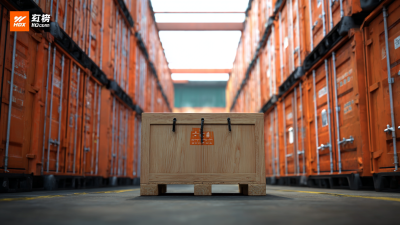
Discover the Power of Chinese Manufacturing with Best Custom Insulated Boxes for Global Buyers
-
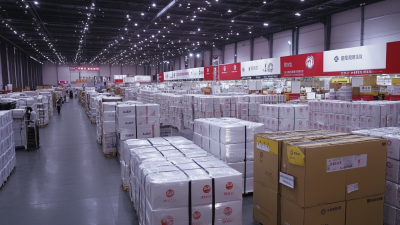
Maximize Your Business Potential with Styrofoam Shipping Coolers at the Record Breaking Canton Fair 2025
-
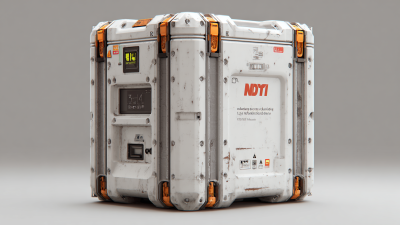
Innovative Shipping Cooler Box Designs Transforming Global Logistics Efficiency
-

Unleashing the Power of Chinas Manufacturing with Best Thermal Shipping Boxes for Global Buyers
-
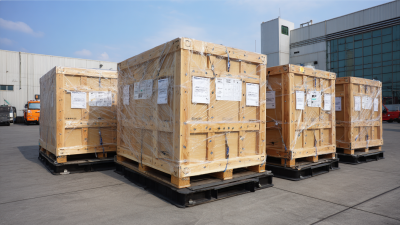
Exceptional Insulated Shipping Kits from Leading Chinese Manufacturers for Global Buyers
-
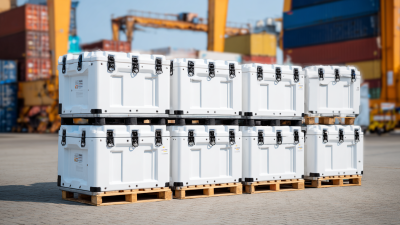
7 Best Innovations in Foam Shipping Coolers for Global Supply Chain Efficiency in 2023
